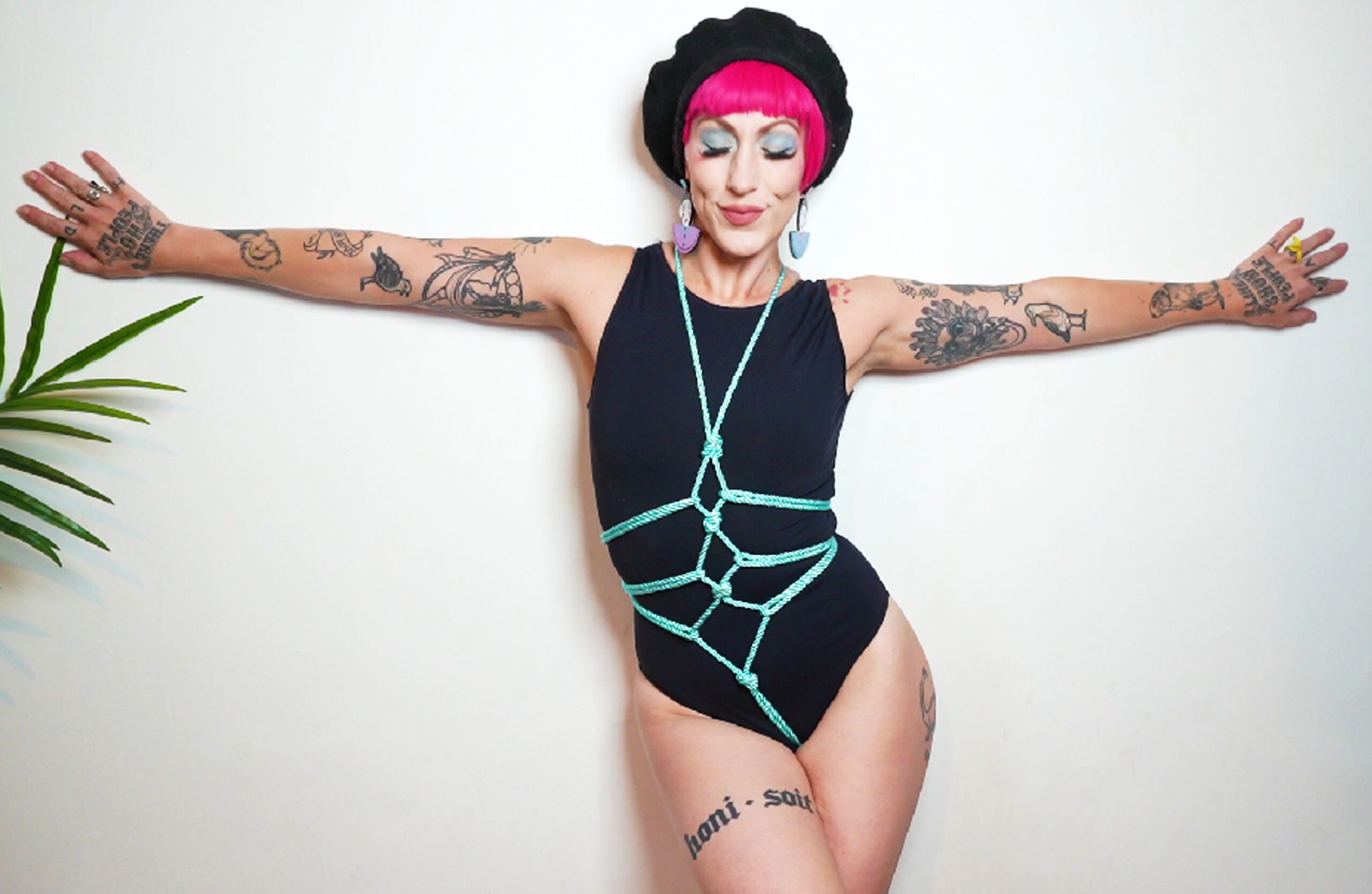Understanding Demigender Identity
Understanding demigender identity is crucial for providing support and creating a safe and affirming environment for your partner.
Demigender individuals identify partially with one gender, while partially identifying as non-binary or another gender. It’s a nuanced experience that doesn’t fit neatly into traditional binary categories of male and female.
Think of it like a spectrum: someone who is demifemale might feel more connected to femininity than masculinity, but still feels a disconnect from being fully female. Similarly, a demimale might identify more with masculine traits, but not entirely as a man.
This partial identification can manifest in various ways. Some demigenders may use gendered pronouns partially, while others may prefer neopronouns or a combination of pronouns.

The key is to **respect your partner’s self-identification** and the language they use to describe their gender.
It’s essential to understand that demigender identity is not a phase or a choice. It’s an integral part of who they are, just like any other gender identity.
While demigender individuals may share some similarities with other non-binary identities, their experience is unique and should be treated as such.
Avoid making assumptions about your partner’s needs or preferences based on societal stereotypes or generalizations about gender.
Instead, **open communication** is crucial. Ask your partner what they feel comfortable with, how they want to be addressed, and what kind of support they need.
Being an ally means listening attentively, validating their feelings, and creating a space where they can freely express themselves without judgment.
Understanding demigender identity involves recognizing it as a spectrum rather than a binary. Demigender individuals identify partially with one gender, while partially with another, non-binary, or agender. This means their gender identity is not fully aligned with any single gender label.
Fluidity in demigender identities is common. A person’s experience of their gender can shift and change over time, influenced by various factors like emotions, relationships, and personal growth.
Supporting a demigender partner requires respect for their self-identified gender and understanding that it may evolve. Here are some ways to offer support:
* **Use their preferred name and pronouns:** This is fundamental to respecting any person’s identity. If unsure, respectfully ask what they prefer.
* **Educate yourself:** Learn about demigender experiences through reliable sources and be open to having honest conversations with your partner about their feelings and understanding.
Avoid making assumptions about their gender based on appearance or stereotypes. Gender expression is diverse and personal, and it doesn’t always align with someone’s internal identity.
Validate their feelings and experiences. Let them know you hear and understand their perspective, even if you don’t fully grasp everything.
Be patient and understanding. Coming to terms with one’s gender identity can be a complex and ongoing process.
Creating a safe and affirming environment for your demigender partner involves:
- Respecting their boundaries and privacy regarding their gender identity.
- Challenging transphobic or gender-normative language and behavior both within your relationship and in broader social settings.
- Being a supportive ally by amplifying demigender voices and advocating for their rights and inclusion.
Remember that open communication is crucial. Encourage your partner to share their needs and feelings, and be willing to listen and learn.
Building a strong and loving relationship with a demigender partner requires understanding, acceptance, and a commitment to respecting their unique identity.
Communication is Key
Communication is fundamental in any relationship, but it’s especially crucial when navigating the complexities of gender identity with a demigender partner.
Demigenders experience a partial connection to one gender while also identifying as non-binary or somewhere outside the traditional binary. This can mean their gender expression and experiences shift over time or vary depending on the situation.
Open and honest communication allows demigender individuals to express their needs, boundaries, and how they want to be addressed in a way that feels authentic and comfortable for them.
Active listening is a cornerstone of effective communication. It involves paying full attention to your partner’s words, both verbal and nonverbal, without interrupting or formulating your response while they speak.
Truly hearing and understanding their perspective creates a space of safety and trust where bdsm equipment they feel seen and validated.
Ask clarifying questions to ensure you comprehend their message accurately.
For example, instead of assuming, ask “How does that make you feel?” or “Can you tell me more about what you mean by…?”
Remember, communication is a two-way street. Share your own thoughts and feelings openly and honestly as well. Be mindful of using language that affirms their identity and respects their boundaries.
It’s essential to create a safe space for both of you to express yourselves without fear of judgment or misunderstanding.
Practice empathy by trying to see the world from your partner’s perspective. Even if you don’t fully understand their experiences, strive to listen with an open mind and heart.
Celebrate their individuality and uniqueness, and remember that every demigender person’s journey is unique.
Effective communication is the bedrock of any healthy relationship, and it’s particularly crucial when navigating the complexities of gender identity. For partners of demigender individuals, understanding and respecting their unique experience is paramount.
Open and honest dialogue creates a safe space where both partners can express themselves freely without fear of judgment. Encourage your partner to share their feelings, thoughts, and experiences related to their demigender identity. Actively listen without interrupting or offering unsolicited advice unless specifically asked.
Respectful questioning is another vital aspect of supporting a demigender partner. Curiosity can be a powerful tool for fostering understanding, but it’s essential to approach questions with sensitivity and respect. Frame your inquiries as genuine expressions of interest rather than attempts to probe or dissect their identity.
Instead of asking intrusive questions about their gender history or forcing them to define themselves in rigid categories, focus on learning about their current experiences and preferences. For example, instead of asking “What does it feel like to be demigender?” try asking “Can you tell me more about what being demigender means to you?”

Remember that every demigender individual’s journey is unique. Avoid making assumptions or generalizations based on limited understanding. Be patient and willing to learn as your partner shares their insights.
By cultivating a culture of open communication, respectful questioning, and genuine curiosity, you can build a stronger and more supportive relationship with your demigender partner.
Building an Inclusive Environment
Building an inclusive environment and creating a safe space for exploration is essential when supporting a demigender partner in a relationship.
Start by actively listening and learning about their gender identity and how they feel comfortable being addressed. Ask open-ended questions like, “What pronouns do you prefer?” or “How can I best support you in expressing your gender?”
Respect their chosen name and pronouns consistently. This may require unlearning old habits and correcting mistakes, but it’s crucial for demonstrating your understanding and acceptance.
Educate yourself about demisexuality if your partner identifies as such. Understanding their romantic and sexual attractions can help you navigate intimacy in a way that is respectful and fulfilling for both of you.
Be patient and understanding as they navigate their gender identity. It’s an ongoing process, and there may be times when they need space or clarification. Offer your support without judgment or pressure.
Create a home environment that feels safe and affirming for them. This could involve displaying inclusive artwork, using gender-neutral language, or simply ensuring their physical space reflects their comfort level.
Challenge any biphobia or transphobia you encounter, both within your relationship and in the wider world. Speak up against harmful stereotypes and create a culture of inclusivity.
Encourage them to connect with other demigender individuals or LGBTQ+ communities for support and validation. Sharing experiences with others who understand can be invaluable.
Remember that every individual’s journey is unique. What works for one person may not work for another. Continuously communicate, listen, and adapt your approach based on your partner’s needs and preferences.
Ultimately, the key to creating a supportive and loving relationship with a demigender partner is to prioritize open communication, respect, and understanding.
Building an inclusive environment where everyone feels seen, heard, and respected is fundamental to any healthy relationship, especially when navigating the complexities of gender identity.

Demigenders individuals may identify partially with one gender and partially with another, or perhaps feel like their gender exists on a spectrum. It’s important to remember that demigender identities are valid and deserve recognition.
Start by creating a space where your partner feels comfortable sharing their experiences and feelings about their gender identity. This means actively listening without judgment and using the language they prefer. Ask questions to understand their journey better, but avoid prying or making assumptions.
Celebrate your partner’s individuality by respecting their chosen pronouns and name. It may seem small, but using these correctly demonstrates that you value and acknowledge their identity. Be patient with yourself if you make a mistake; simply correct yourself and move forward with respect.
Embrace the opportunity to learn more about demigender identities. Read articles, watch documentaries, or engage in conversations with LGBTQ+ individuals to broaden your understanding. The more you know, the better equipped you’ll be to support your partner.
It’s also crucial to recognize that every demigender person is unique. Their experiences and needs may vary, so be open to communication and adapt your approach accordingly. What works for one person might not work for another.
Create a supportive network around your partner by encouraging them to connect with other LGBTQ+ individuals. Shared experiences can provide invaluable support and validation.
Remember, building an inclusive environment is an ongoing process that requires continuous effort and learning. By showing up with love, respect, and a willingness to grow, you can create a safe and affirming space for your demigender partner to thrive.
Discover everything this blog covers
Explore this opinion in detail
- Xela Rederm Skin Booster Treatments Near Send, Surrey - January 6, 2026
- Xela Rederm Skin Booster Treatments Near Croydon, Surrey - January 4, 2026
- Why Vista Edge Vape Is A Premium Choice For Experienced Vapers - January 2, 2026
